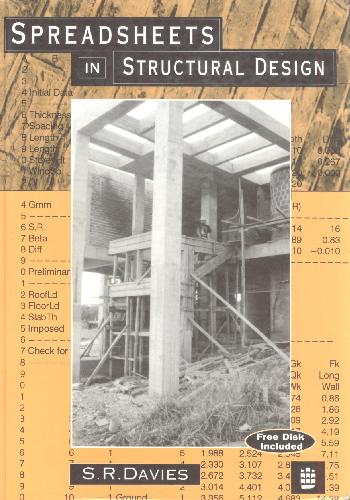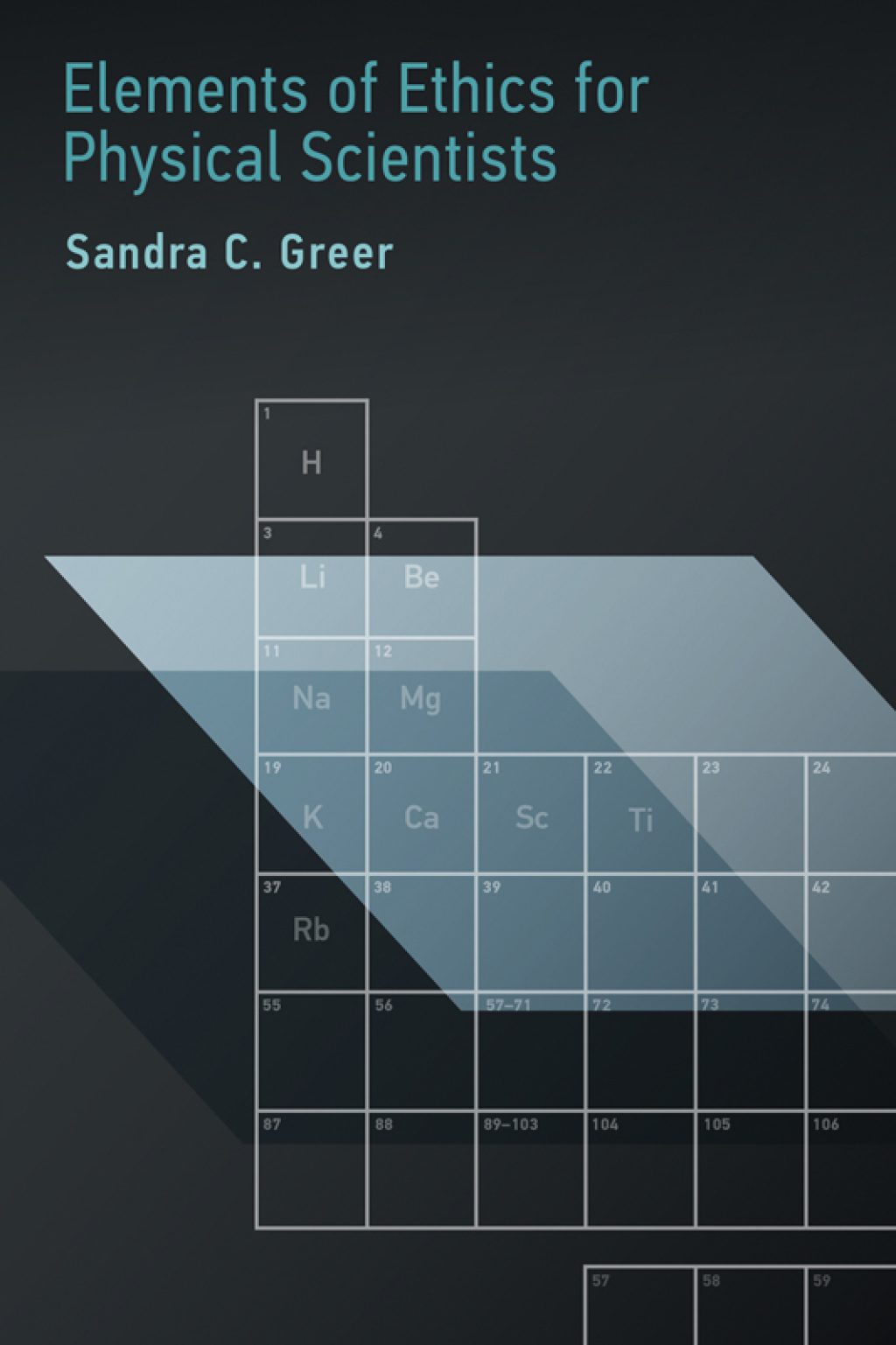S. R Davies9780470234594, 0-470-23459-8, 0-582-22698-8
Table of contents :
FRONT COVER
……Page 1
Contents
……Page 5
Preface
……Page 7
Acknowledgments
……Page 9
Notation
……Page 10
1.2 Basic concepts
……Page 13
1.4 Command menus
……Page 14
1.6 The COPY command
……Page 15
1.7 Graphs
……Page 16
1.9 @VLOOKUP and @HLOOKUP
……Page 17
1.11 Application to aid design
……Page 18
1.13 Reading from graphs
……Page 19
1.14 Solution of equations
……Page 23
2.2 Example 1 : Suppression of unwanted output
……Page 25
2.3 Example 2 : Multiple ‘trial and error’ solutions
……Page 26
2.4 Example 3 : Controlling the start / end values of a series
……Page 27
2.6 Example 5 : Triple interpolation from tubular values
……Page 28
2.7 Use of spreadsheet for design chart interpolation
……Page 29
3.2 Design for flexure in concrete, rectangular sections
……Page 33
3.3 Spreadsheet layout for flexure
……Page 36
3.5 Alternative approach for rectangular beams
……Page 42
3.6 Layout of alternative spreadsheet
……Page 43
3.8 Allowing for redistribution
……Page 45
3.9 Spreadsheet layout
……Page 46
3.12 Design for flexure in masonry
……Page 48
3.13 Spreadsheet layout for stress block coefficients
……Page 51
3.14 Spreadsheet layout for flexure
……Page 53
3.15 Design for shear
……Page 54
3.16 Spreadsheet layout for shear
……Page 55
3.18 Spreadsheet layout for flanged sections
……Page 58
4.2 Short columns – Uniaxial bending
……Page 61
4.3 Spreadsheet layout, short columns – Uniaxial bending
……Page 63
4.4 Short columns – Biaxial bending
……Page 68
4.5 Spreadsheet layout, short columns – Biaxial bending
……Page 71
4.6 Short columns – Unaxial or biaxial bending
……Page 74
4.8 Spreadseet layout for slender columns
……Page 75
4.11 Short columnsm rectangular sections
……Page 80
4.12 Spreadsheet layout, short columns – Unaxial bending
……Page 81
4.13 Alternative design for short columns – Uniaxial bending
……Page 84
4.14 Spreadsheet layout for alternative design
……Page 85
4.15 Spreadsheet layout, short columns – Biaxial bending
……Page 89
4.16 Non-rectangular columns
……Page 94
4.17 Design of slender columns
……Page 95
4.18 Spreadsheet layout, slender columns
……Page 96
5.2 Spreadsheet layout for slab design
……Page 105
5.4 Determination of the bending moments
……Page 111
5.5 Johansen’s yield line method
……Page 112
5.6 Hillerborg strip method
……Page 113
5.7 BS 8110 moment coefficient method
……Page 116
5.8 Spreadsheet layout for moments
……Page 117
5.9 Use of spreadsheet 5.2
……Page 118
6.2 Principles of design and analysis at ultimate
……Page 119
6.3 Spreadsheet layout for flexure at ultimate
……Page 121
6.5 Principles of design and analysis in service
……Page 123
6.6 Spreadsheet layout for in-service loads
……Page 124
6.9 Use of spreadsheet 6.3
……Page 127
7.3 Basic equations
……Page 130
7.4 Spreadsheet layout for solution of subframes
……Page 132
7.7 Analysis of unbraced frames
……Page 135
7.8 Spreadsheet layout for unbraced frames
……Page 139
7.10 Automatic matrix inversion and multiplication
……Page 141
7.13 Spreadsheet layout using automatic matrix operations
……Page 142
7.14 Use of spreadsheet 7.5
……Page 143
7.15 Spreadsheet for sub-frames (column design)
……Page 145
7.16 Use of spreadsheet 7.6
……Page 150
8.2 Simply supported beams
……Page 151
8.3 Spreadsheet layout for simply supported beams
……Page 152
8.5 Single span fixed beams
……Page 157
8.6 Spreadsheet layout for fixed beams
……Page 158
8.9 Spreadsheet layout for continuous beams
……Page 162
8.10 Use of spreadsheet 8.3
……Page 168
9.2 Design objectives
……Page 169
9.3 Design methods
……Page 170
9.4 Spreadsheet layout
……Page 173
9.5 Comparison of design methods by spreadsheet
……Page 178
9.8 Design procedure
……Page 179
9.9 Design objectives
……Page 180
9.10 Spreadsheet layout for design
……Page 181
9.11 Use of spreadsheet 9.3
……Page 182
Example 1. Stresses in simple cross wall structures
……Page 183
Solution by spreadsheet A.1
……Page 187
Example 2. Draft Eurocode /BS 5628 comparison
……Page 189
A2.1 Contents if disk
……Page 194
A2.2 Details of special design files
……Page 195
A2.4 Troubleshooting
……Page 196
References
……Page 197
Index to spreadsheets
……Page 198
Index
……Page 200
BACK COVER
……Page 201







Reviews
There are no reviews yet.